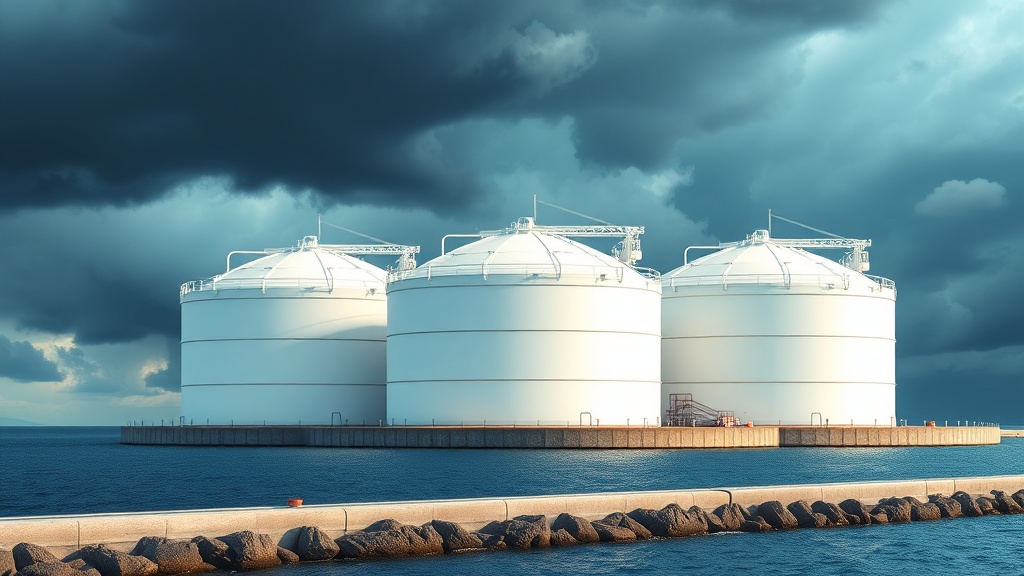Home / Environment / Polluting LNG Terminals Proliferate Despite Environmental Violations
Polluting LNG Terminals Proliferate Despite Environmental Violations
29 Oct
Summary
- Every US LNG terminal violates federal pollution limits
- Terminals routinely breach Clean Air and Clean Water Acts
- Worst offenders seek approval for major expansions

According to a recent report, every fully operational liquefied natural gas (LNG) terminal in the United States has violated federal pollution limits in the past three years. The analysis of public records comes as the US government aims to fast-track the approval of new LNG export terminals to boost domestic sales to Europe and Asia.
The report from the Environmental Integrity Project, a non-profit research organization, found that between October 2022 and July 2025, all seven fully operational LNG export terminals were in noncompliance with the Clean Air Act for at least one quarter. Five of the seven terminals also violated the Clean Water Act during this period, with illegal emissions of bacteria, zinc, oil, and other pollutants into waterways.
Despite this evidence of widespread environmental violations, managers of some of the worst-offending LNG terminals are seeking authorization for major expansions in the coming years. This includes Sabine Pass and Cameron LNG in Louisiana, which have been in noncompliance with the Clean Air Act for 12 and 11 of the past 12 quarters, respectively, as well as Corpus Christi LNG in Texas, which has had nine water pollution violations within the past five years.
The report's authors argue that given the LNG industry's poor compliance record, state and federal agencies should be slowing down and more carefully scrutinizing new permit applications instead of speeding up the approval process. They warn that the rapid growth of this sector is likely to harm both the environment and consumers, as increased LNG exports will drive up domestic natural gas prices by more than 30%.




